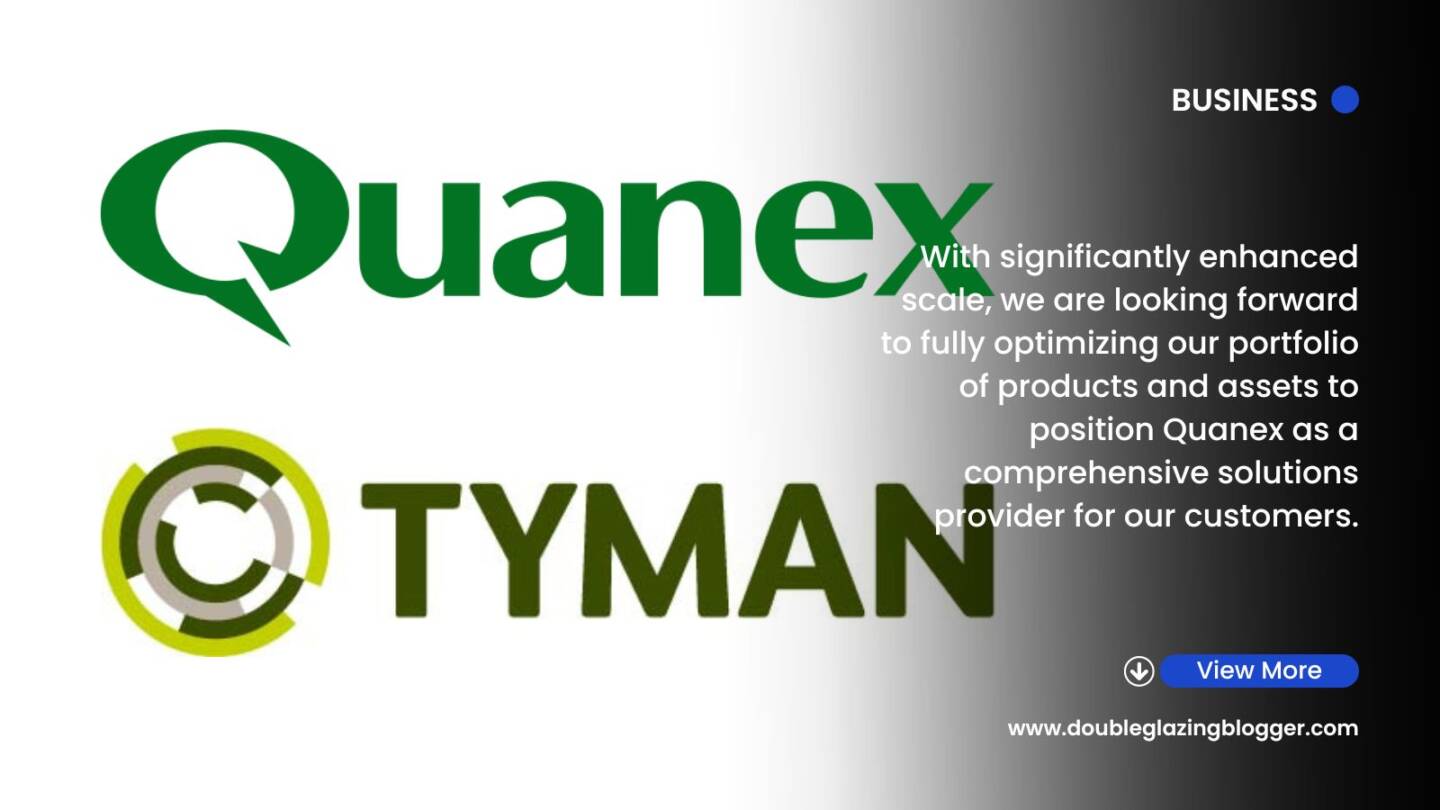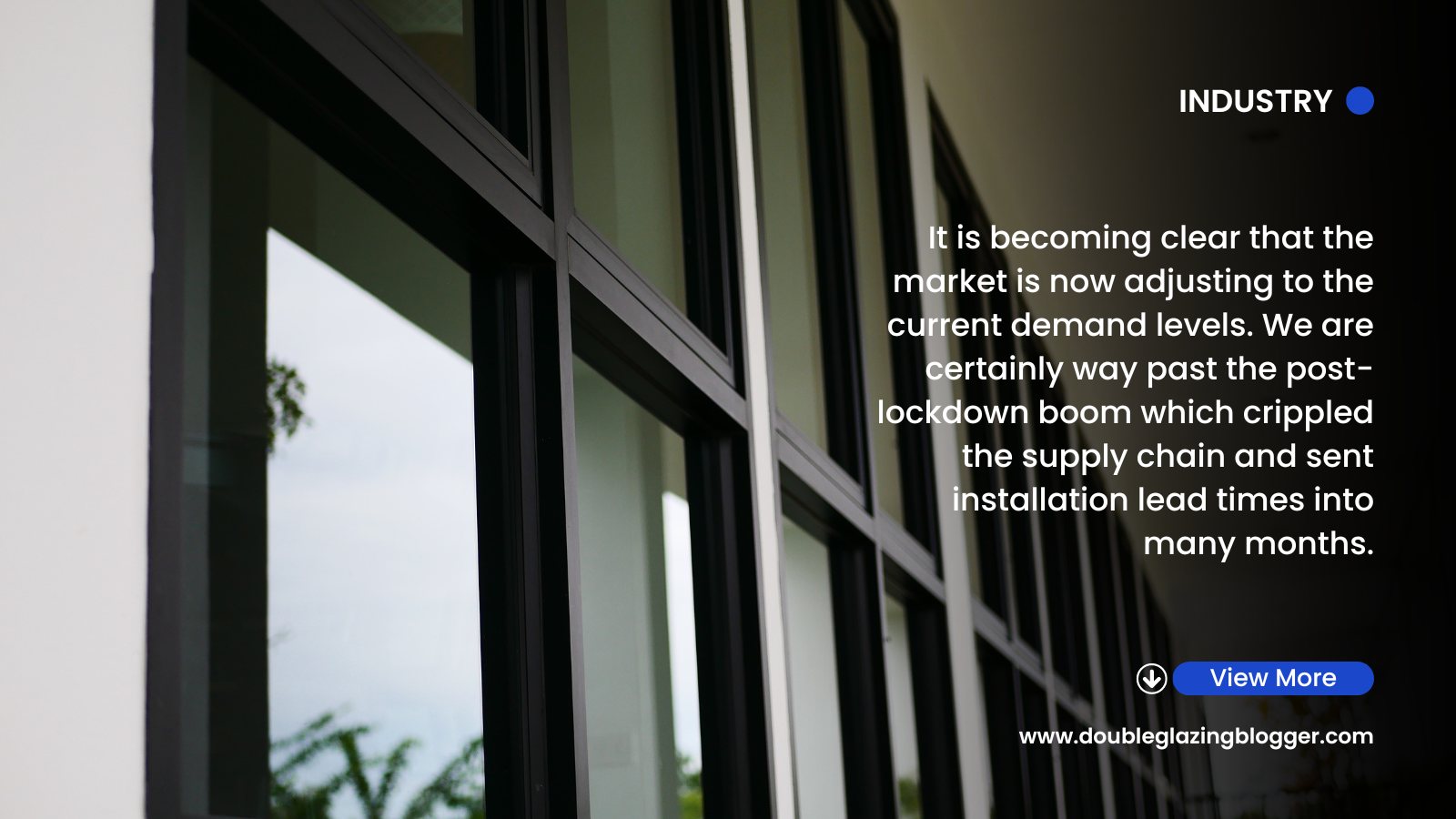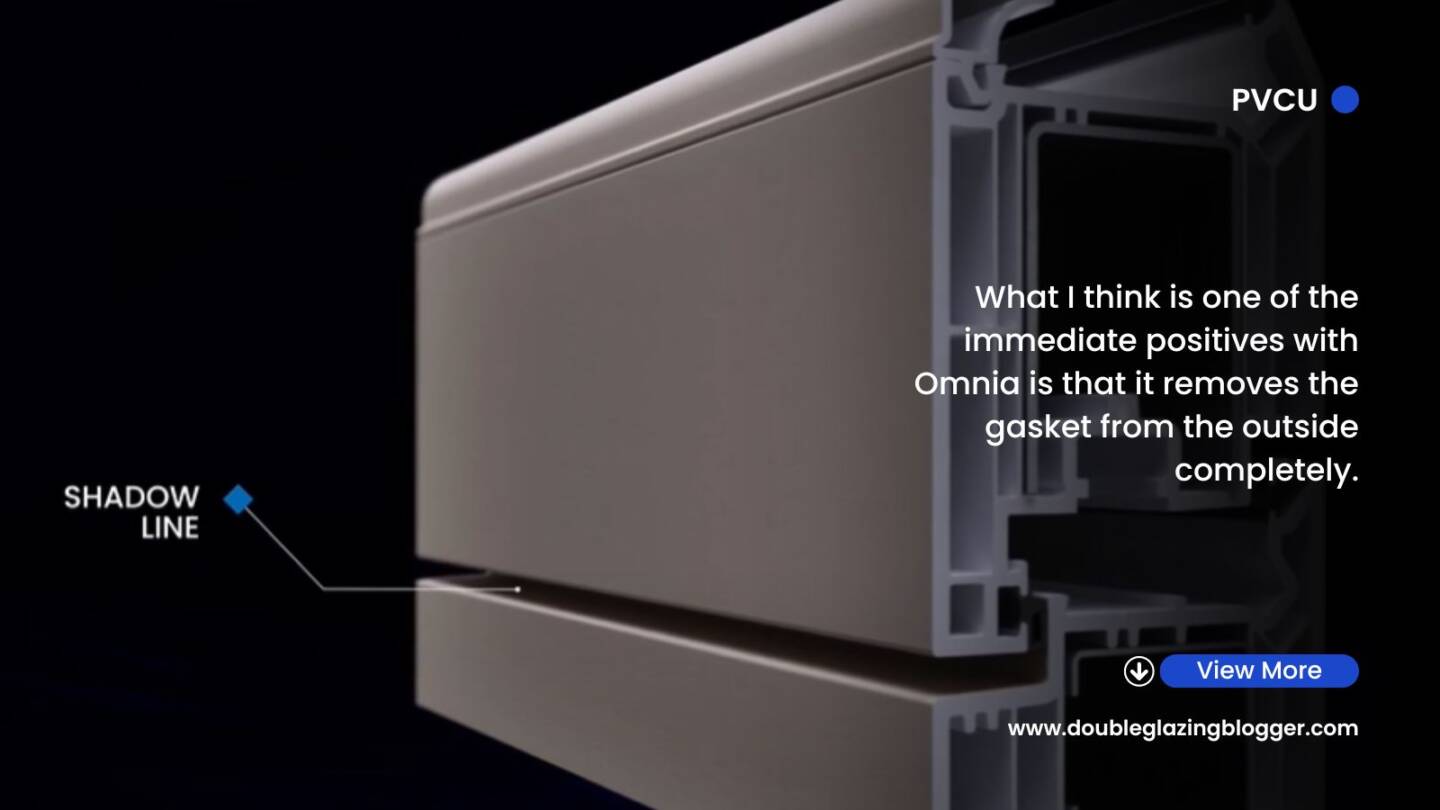For the installation side of UK fenestration, we now seem to be moving out of a euphoric phase of mega business, into a phase where worries about price rises and a much more challenging business landscape for installers is coming to the fore.
Our industry has been hit with wave after wave of price increases over the past year which has seen the price of our goods to the public rise somewhere in the region of 30-40% in a year. Perhaps more.
The outlook is looking a lot more choppy than even just a couple of months ago. If you’re an installer, this is what you should be doing in the coming months to help ride this particular storm out.
Pass on price increases
Hopefully, installers have been doing this anyway. Remember in the pre-pandemic days where you’d only get one or two per year? Just like buses, you wait for ages for one, then 27 all turn up at once. At least that’s how it feels at the moment.
Prices that have been rising right at the very start of the supply chain, such as raw steel, polymer and transport, have been making their way down the supply chain to installer level for a good 12-15 months. As a result, the price of new windows and doors to homeowners has risen somewhere in the range of 30-40%, maybe more in some areas.
What is most important is the protection of margins. Installers cannot absorb these levels of increase. If they did they’d cease to exist in a matter of weeks. Ultimately, no matter how uncomfortable you feel about charging customers more, it is the homeowner that has to be the one to pay. In the end, that is what business is about. The end-user of the product or service is the one that has to pay.
I appreciate that there has been a hell of a lot of increases this year, but to absorb as much of that as you can is to put your own business at risk.
Add a contingency percentage
In addition to passing on price increases to the homeowner, I would strongly advise adding a certain percentage to each contract. This will protect you from any future price increases that come in quickly but that you won’t have taken into account.
For example, we have been putting 5-10% on our contracts for most of this year. The amount depends on the product and supplier. This has stood us in good stead as almost every month we have had significant increases. That extra few per cent that we add to each contract has protected us a number of times against unaccounted price increases and allowed us to protect our margins.
With prices as high as they already are, the idea of adding even more on top will feel very odd indeed. But, I can assure you that when things are as fluid as they are right now, that extra 5-10% you add will almost certainly protect you from future price increases in the months to come. If you don’t add a contingency then you leave yourself at risk of your margins being eaten away.
Be honest
You really would have to have been living under a rock all year to not know what is going on with supply chains and higher than usual demand. Thankfully, most of the general public know what is happening and expect the cost of whatever it is they are buying to be going up and to have to wait longer.
With this being the case, installers need to continue to be very honest and open with their clients when it comes to price and lead times. It’s all about managing expectations from the start and not allowing the client to try to dictate the process. It also cuts out any potential nasty surprises for customers when you come back to them with fitting times longer than they might have expected.
Being honest from the beginning actually builds up trust and a better relationship with the client. They see you at the very start as a company that won’t lie and will be straight up with them if queries arise or problems happen.
Update your contracts
First, if you’re an installer and still doing business verbally with clients, stop. You have to start using contracts, especially now with how uncertain and uncontrolled things are.
Second, if you’re using contracts, start adding in new clauses about price increases and extended lead times. You have to protect yourselves and your business. Do not leave yourself open to clients who may wish to cause you harm or instigate problems if they become unhappy with waiting or if you have to go back to them with price increases.
Sell on quality, not price
This industry in the past has done much of its selling based on price. That has lead to the race to the bottom, thin margins and prices that have been kept artificially low for decades, rather than rising gently with inflation over time.
Now, we find ourselves at a pinch point with prices rising quickly, and with it, anger. But we are being presented with an opportunity to learn a lesson and move forwards differently, rather than slip back into old behaviours.
For those that have sold on price first, and everything else second, you have to move on from that. Prices are too high to be using that kind of tactic. There can be no more races to the bottom when new windows and doors are costing what they are right now. Sales have to be based on quality and service. These are two factors which when executed properly makes it very simple to justify a price that the client thinks is quite high.
Selling a single door for £2500 is much easier when the homeowner is being told that the door they are buying is built very solidly, that it comes with premium hardware, that the colour will be as good in 20 years time as it is on day one, that it will be installed by highly qualified installers, that it’s very secure and that there is an after-sales service on hand to rectify any problems swiftly. Trying to sell a door at £2500 and simply cutting your margins back to knock a couple of hundred pounds off because you’re scared to lose it to the competition is not a sustainable business model in this climate.
As we head into the winter, things are set to get very rocky. The trading landscape has changed quickly and it won’t be plain sailing on the sales front in the way it has been. Installers have to start adapting right now to protect their business during what will likely be the most turbulent time of this particular chapter so far.
To get weekly updates from DGB sent to your inbox, enter your email address in the space below to subscribe:
By subscribing you agree to DGB sending you weekly email updates with all published content on this website, as well as any major updates to the services being run on DGB. Your data is never passed on to third parties or used by external advertising companies. Your data is protected and stored on secure servers run by Fivenines UK Ltd.





